-
Python farming as a flexible and efficient form of agricultural food security
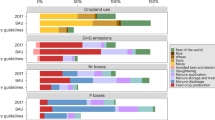
Abstract Diminishing natural resources and increasing climatic volatility are impacting agri-food systems, prompting the need for sustainable and resilient alternatives. Python farming is well established in Asia but has received little attention from mainstream agricultural scientists. We measured growth rates in two species of large pythons (Malayopython reticulatus and Python bivittatus) in farms in Thailand…
-
Field testing the transferability of behavioural science knowledge on promoting vaccinations
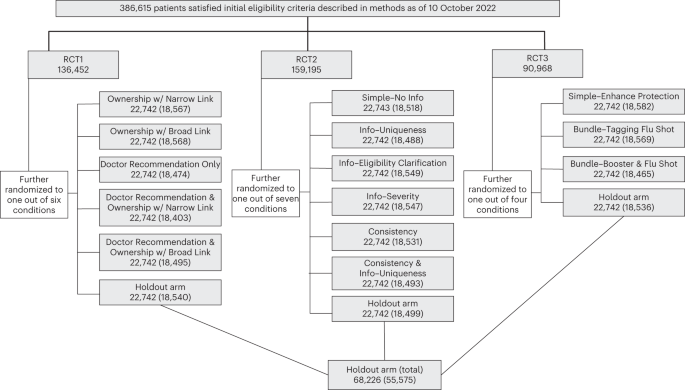
Abstract As behavioural science is increasingly adopted by organizations, there is a growing need to assess the robustness and transferability of empirical findings. Here, we investigate the transferability of insights from various sources of behavioural science knowledge to field settings. Across three pre-registered randomized controlled trials (RCTs, N = 314,824) involving a critical policy domain—COVID-19 booster uptake—we…
-
Future opportunities in solar system plasma science through ESA’s exploration programme
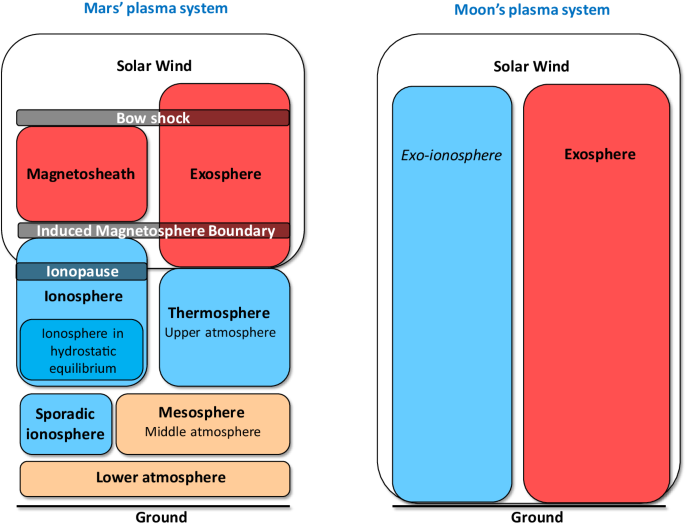
Abstract The solar wind interacts with all solar system bodies, inducing different types of dynamics depending on their atmospheric and magnetic environments. We here outline some key open scientific questions related to this interaction, with a focus on the Moon and Mars, that may be addressed by future Mars and Moon missions by the European…
-
Mae Martin explores the science of gender and sexual fluidity in a new episode of The Nature of Things

13 days ago Documentaries Duration 1:10 ‘Fluid: Life Beyond the Binary’ debunks dangerous pseudo-scientific myths and introduces cutting-edge research to reveal that in a very real and measurable sense, we are all gender fluid. Coming to CBC and CBC Gem on March 28, 2024.
-
Corvallis Science & Nature: The Environmental Cost of Outdoor Cats
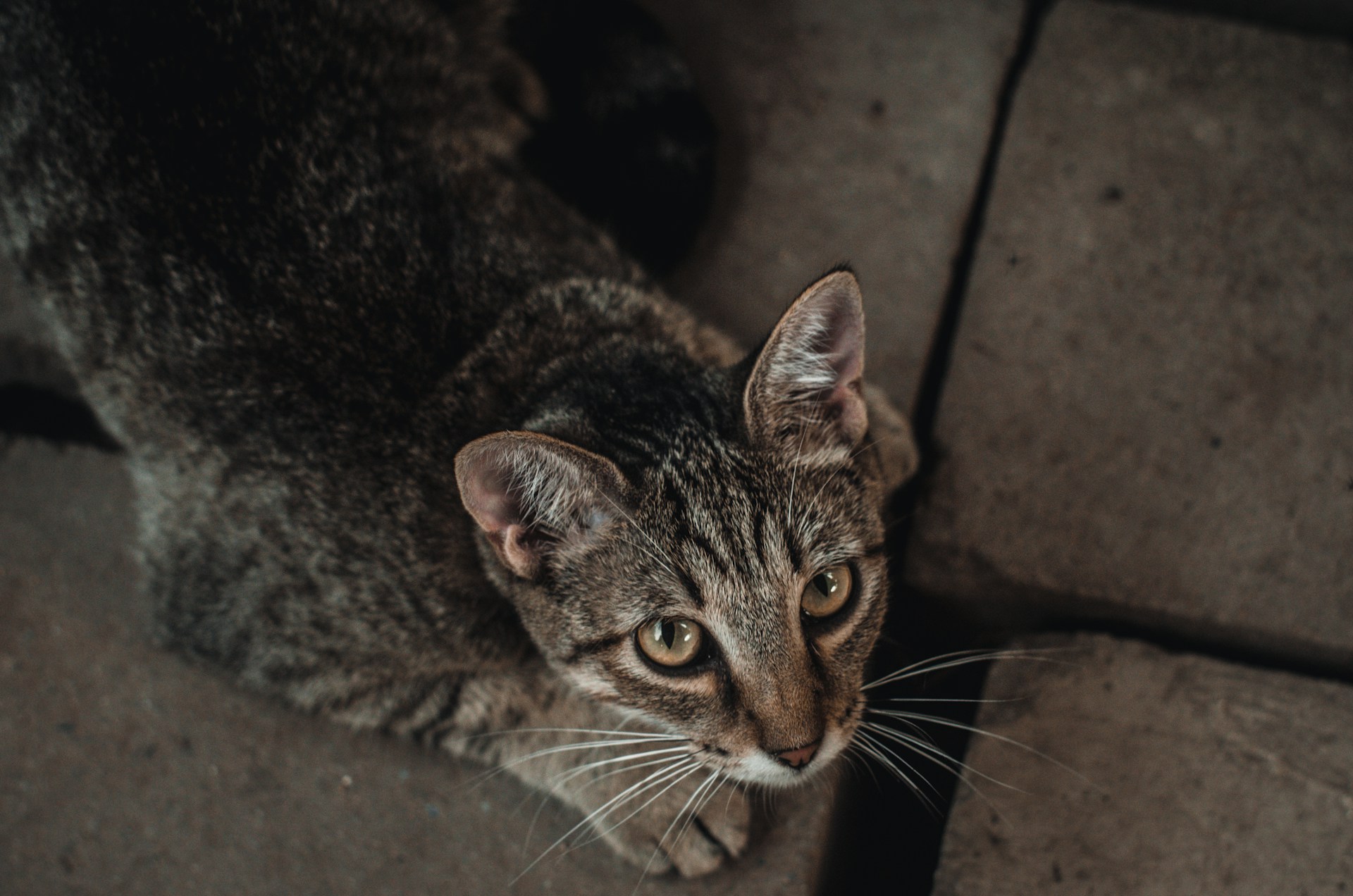
The signs of spring keep coming. This weekend in Corvallis, we’re looking at temperatures approaching 70. Linn County birders saw our first least sandpipers and barn swallows of the year, two more early-spring migrants arriving right on time. And of course, this past week we sprung forward an hour with the start of daylight saving…
-
Loathed by scientists, loved by nature: sulfur and the origin of life
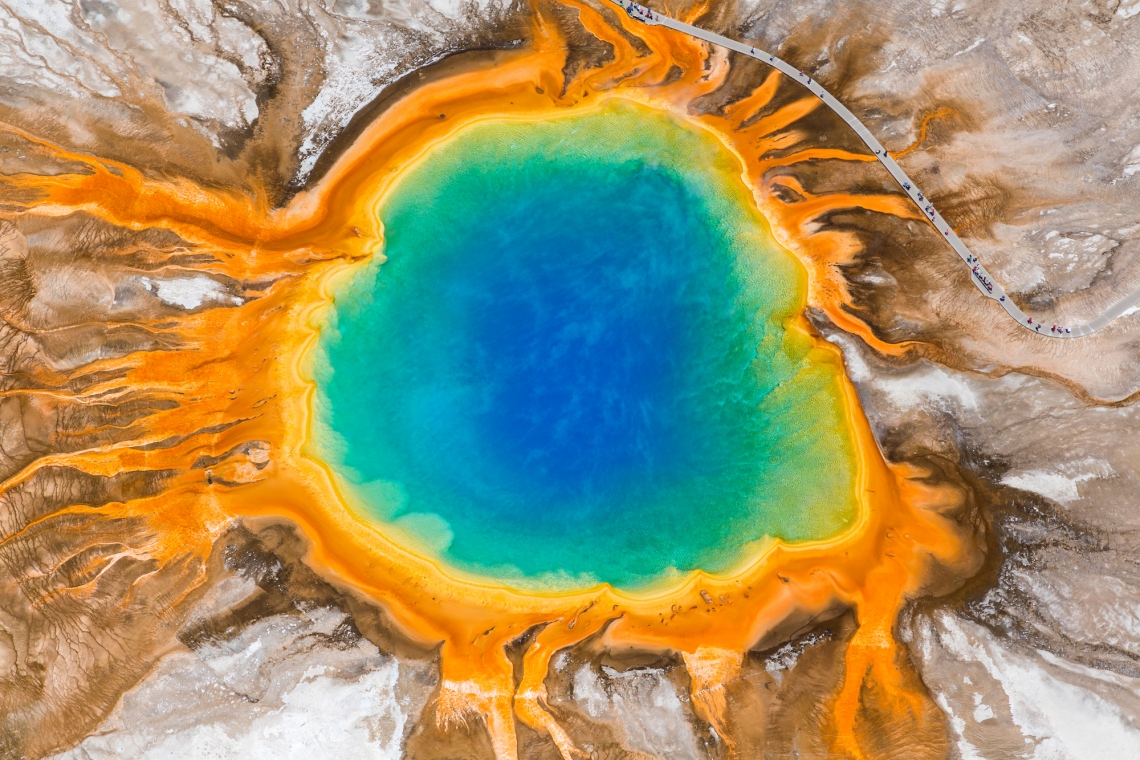
By Daniel Stolte, University Communications Today Grand Prismatic Spring in Yellowstone National Park, seen here from an aerial photo, provides a modern-day glimpse into the types of environments where sulfites may have accumulated and possibly played a role in kick-starting the earliest life on Earth. Many artists have tried to depict what Earth might have…
-
Ten Wild Facts About Octopuses: They Have Three Hearts, Big Brains and Blue Blood
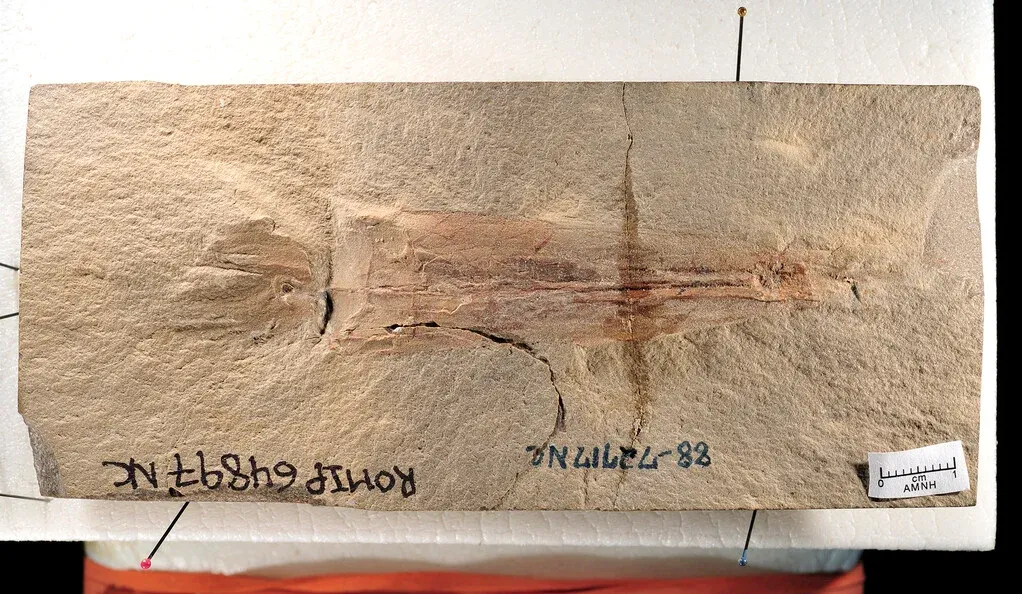
Rachel Nuwer; Updated by Sonja Anderson Octopuses, those whip-smart, bizarre cephalopods, embody everything creepy and mysterious about the sea. Their soft, squishy bodies, lurking in the oceans’ dark reaches, have inspired monsters from the sailor-eating Kraken of Nordic legend to the Caribbean sea demon Lusca. The creatures’ otherworldly forms and unfurling tentacles have inspired modern…
-
Nature Is Behaving Strangely and Scientists Don’t Know Why
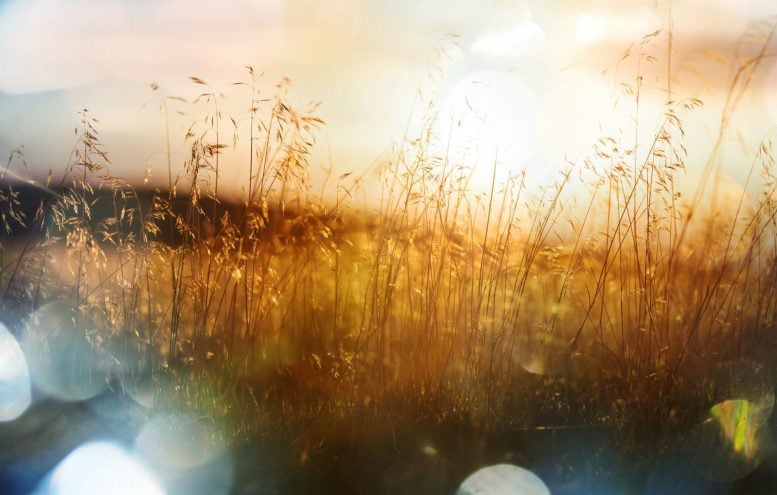
In Danish meadows and pastures, despite expectations that competition would favor plants dispersing heavy seeds and having thin leaves, the opposite is observed, baffling researchers. A new extensive data analysis contradicts established theories, showing fewer weeds and plants with heavy seeds or thin leaves, highlighting the complexity and unpredictability of natural ecosystems. Ecological theory and…
-
Citizen Science for biodiversity
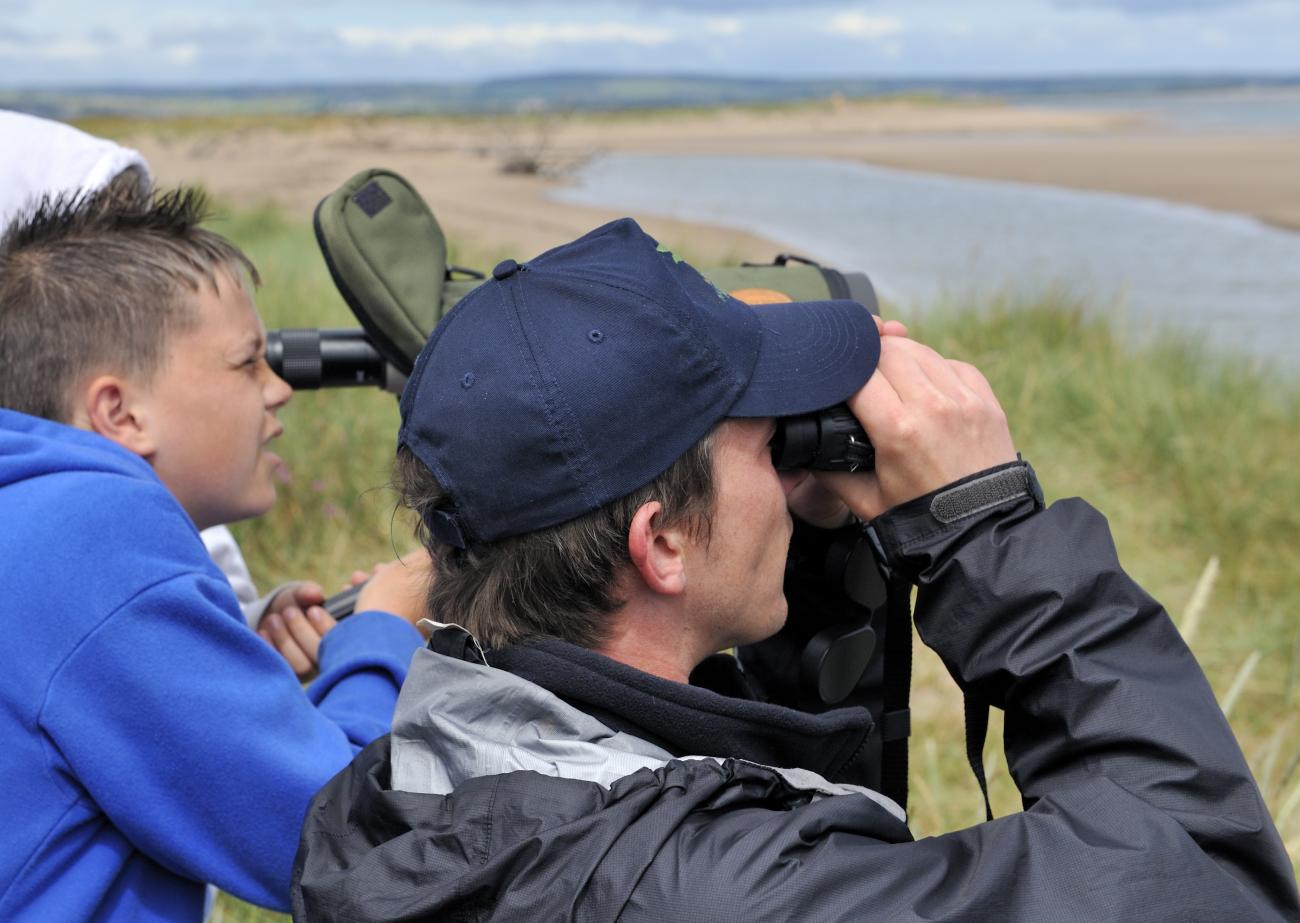
A big thank you to all Citizen Scientists! Citizen science is the driving force behind conservation work in Scotland, and it’s integral to the work that NatureScot does. Without the immense hard work of Scotland’s dedicated citizen scientists, we would not have such a rich understanding of the changes in our land and sea. So, we want…
-
Killer whales have menopause. Now scientists think they know why
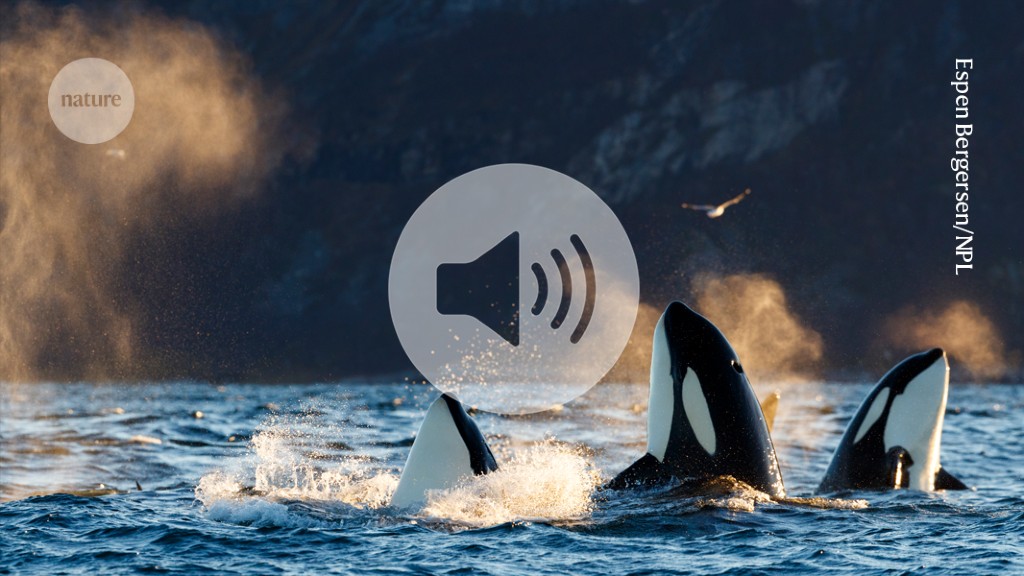
Download the Nature Podcast 13 March 2024 In this episode: 00:45 Making a map of the human heart The human heart consists of multiple, specialized structures that all work together to enable the organ to beat for a lifetime. But exactly which cells are present in each part of the heart has been difficult to…